• North American Auction •
How to start a
Collection

- 800-686-4216
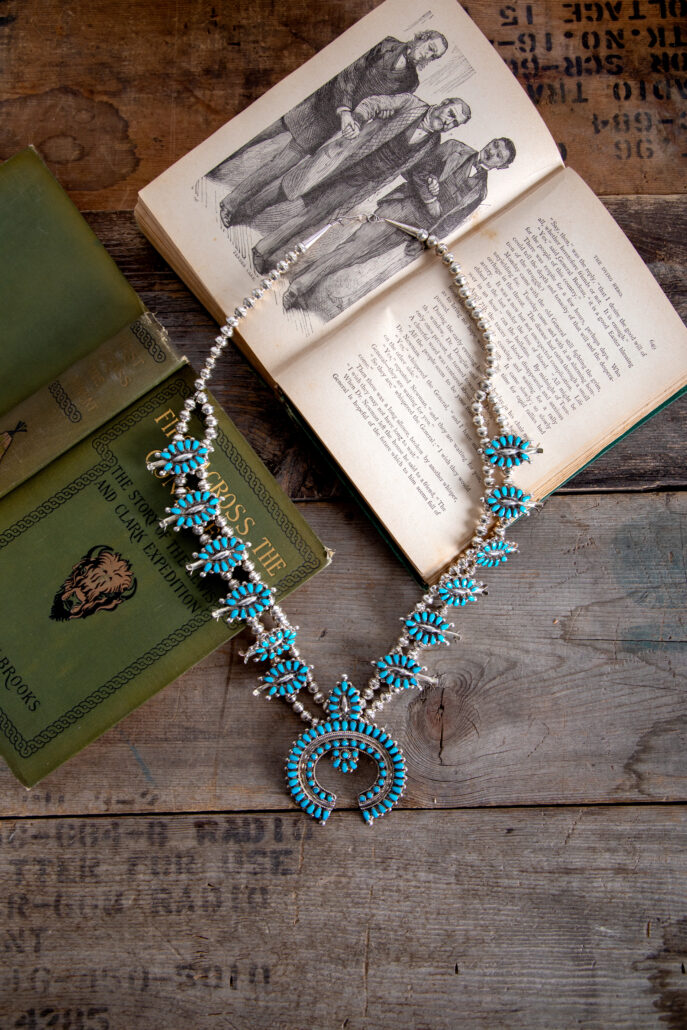
How to start a collection at auction?
No. 1: Determine Your Interest
"...Art, antiques, Native American art, western and wildlife art, coins and jewelry..."
No. 2: Do Market Research
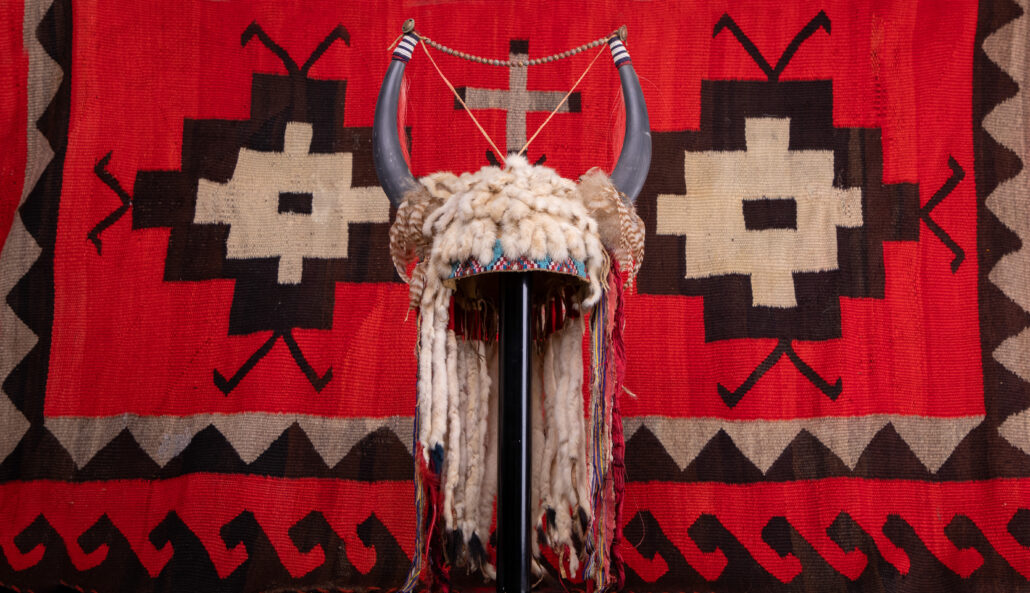
No. 3: Make a Budget for your Collection
Now that you have an idea of the market and value its best to apply this knowledge by making a budget for your collection or specific item. Without a budget its easy to get excited and limit your collection by only acquiring one thing that maybe wasn’t your entire focus.
"One of the best ways to learn about the markets can be to attend an auction"
Its also wise to consider all the applicable fees when budgeting for you collection such as buyers premium, which is the percentage added to the hammer price of an item. While budgeting can be important it should always be a guide not a rule. In some cases a “once in a lifetime” piece might present itself, while above your budget its replacement value could be greater and worth bidding on. You can always make this up with other pieces that went unnoticed in a sale and came in at a deal.
No. 4: Find an Auction House you can Trust
The key to having a successful collection is to find a reputable auction house. This could mean a lot of different things to different people but somethings stand true like a history of selling high-quality, authentic items that are well described.
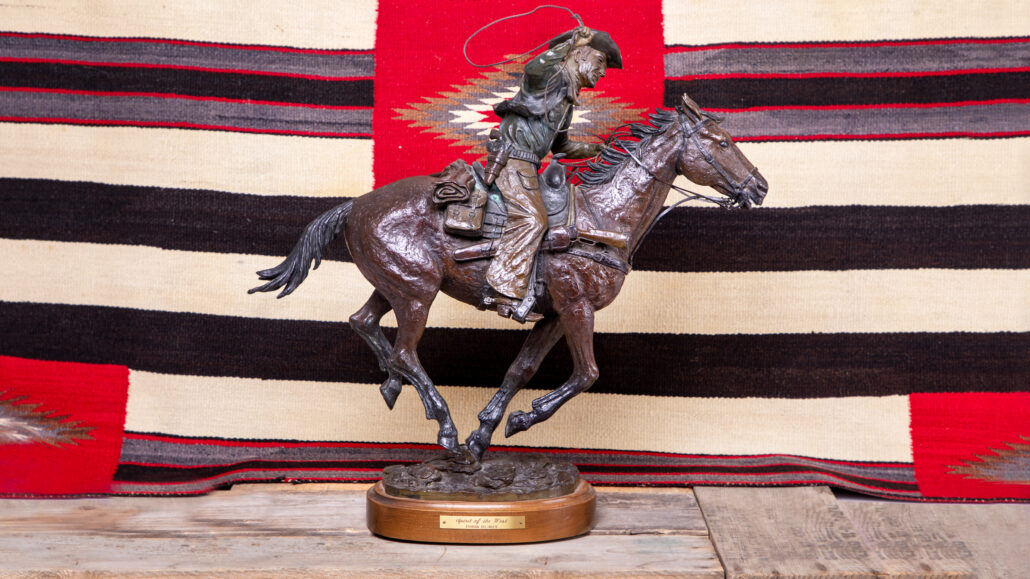
Another factor can be the auction houses credentials, such as their involvement in their state auctioneer association or being a member of the National Auctioneers Association. These associations have accountability and codes of ethics for auctioneers to follow as well as offering continued eduction for the auction houses to learn best practices.
No. 5: Attend Previews
Now that you’ve found some items in an auction you are interested in collecting, one of the best ways to determine if they are right for you is to attend the auction preview. Previews allow you to see the items in-person and in some cases be able to handle the piece. Well pictures can give an accurate depiction of an item, nothing beats being able to inspect it in person. You can also use the pre-bidding online preview period of an auction to reach out to piers or experts for additional opinions on the piece. During a preview you can also take the time to ask additional questions, make notes of the piece and additionally check for your own representation of condition.
No. 6: Putting in your Bid
"Obviously one of the most crucial parts of collecting at auction is putting in your bid."
No. 7: Start Small
It can be tempting, when just starting out, to go after one of the more important or expensive items in your general collecting interest field, but it is important to start out small.
When collecting its good to focus on building a solid foundation for your collection by starting with more affordable or less significant pieces. By doing this, over time you will being to build a knowledge and expertise as you go.
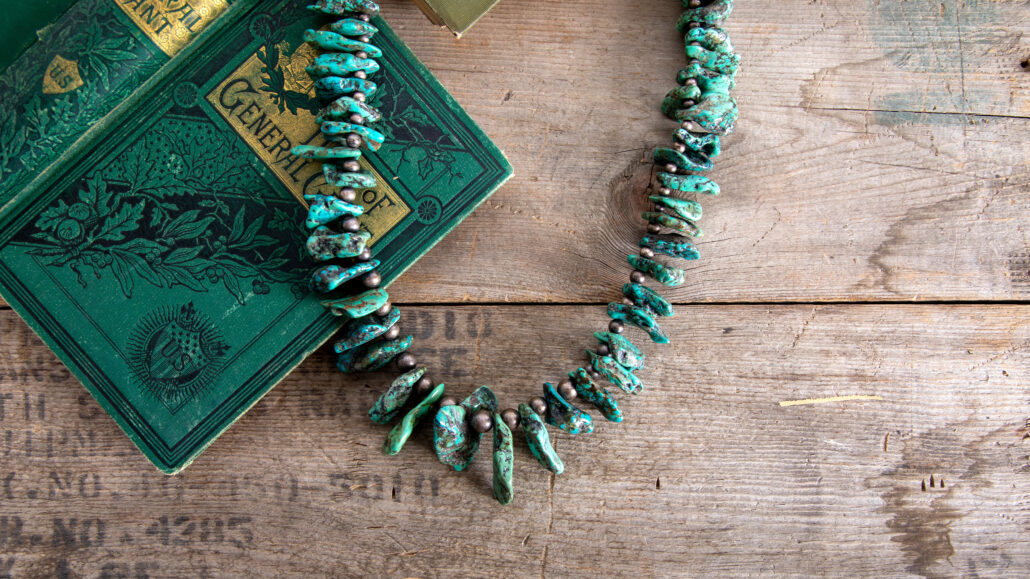
No. 8: Be Patient
"The thrill of the hunt is what makes collecting a passion of so many"
No. 9: Take Care of your Items
One overlooked step in the collecting process is taking care of your items. Depending on an items specifics, some items in your collection may require special preservation tactics in order to be maintained.
"...some items in your collection may require special preservation tactics in order to be maintained."
A good example of this is collecting antiquarian books can require a temperature-controlled environment to prevent damage from humidity.
No. 10: Build your Network
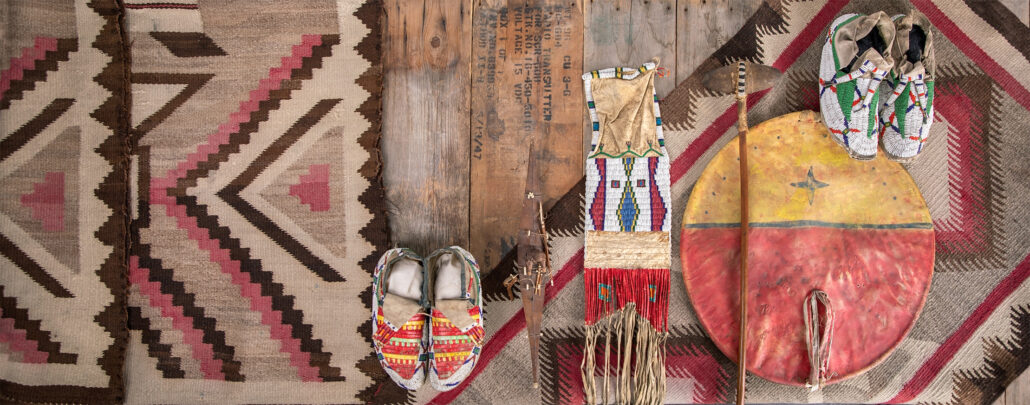
Conclusion to Starting a Collection at Auction
There are endless tips on answering the question, “How to start a collection at auction” but above is a good launching point for your collection. Starting requires careful research, planning, and later execution.
"...narrowing down your interest, setting a budget, finding a reputable auction house, going to previews, bidding strategically, starting small, being patient, taking care of your collection, and growing your network and knowledge..."
By narrowing down your interest, setting a budget, finding a reputable auction house, going to previews, bidding strategically, starting small, being patient, taking care of your collection, and growing your network and knowledge, you can build a valuable and rewarding collection that correctly reflects your passions and interest. Make certain to do your research, ask for advice from experts, and have fun as you build a lifelong collection that you can be proud of.
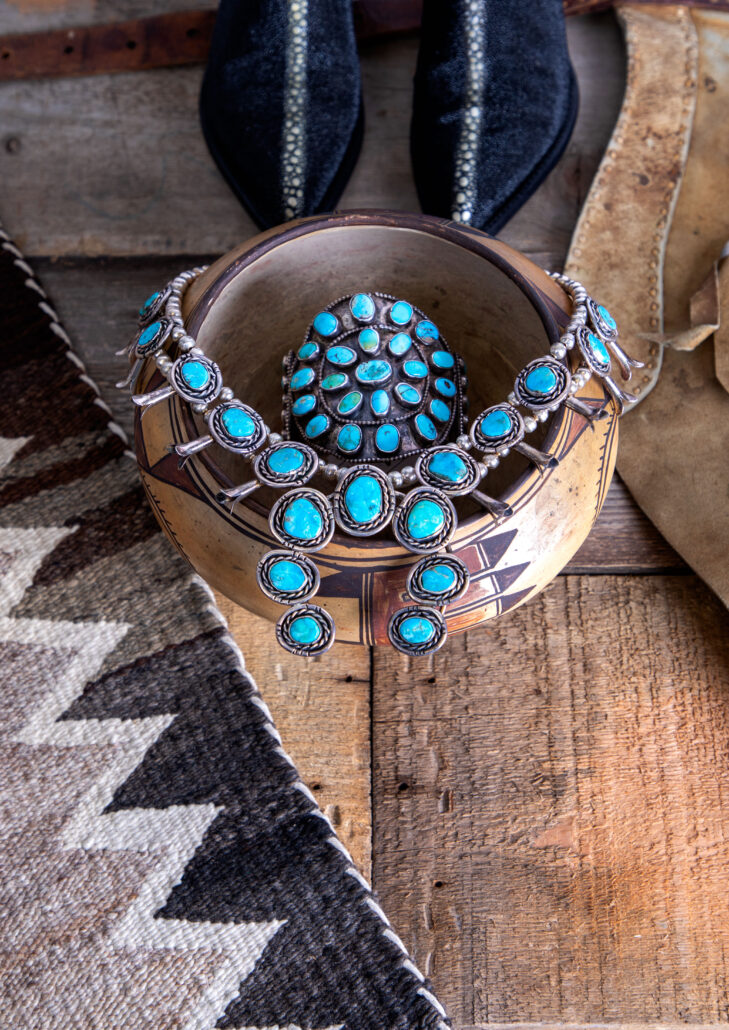
Start discovering items to add to your Collection
Visit our upcoming auctions or contact us to consign.
© 2023 All Rights Reserved.
